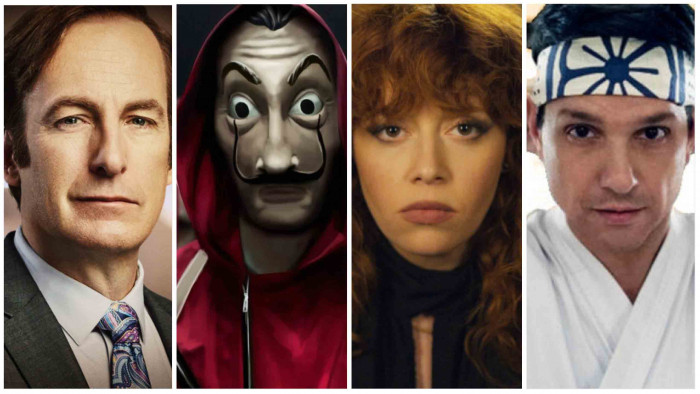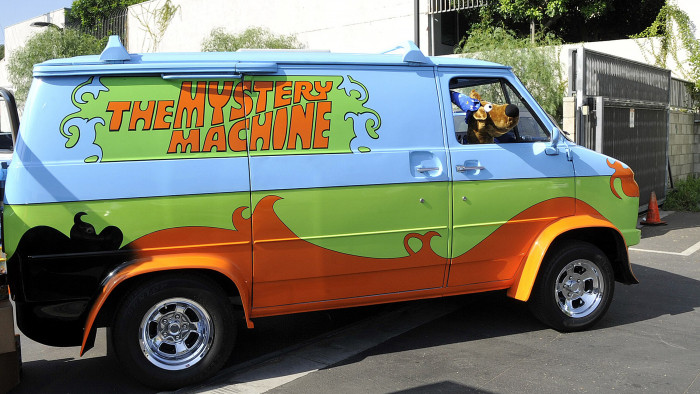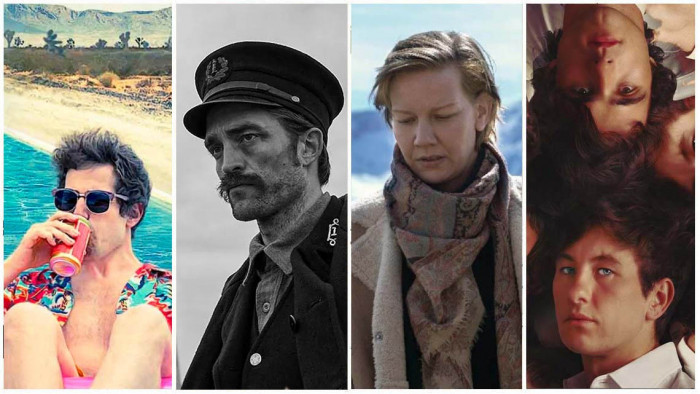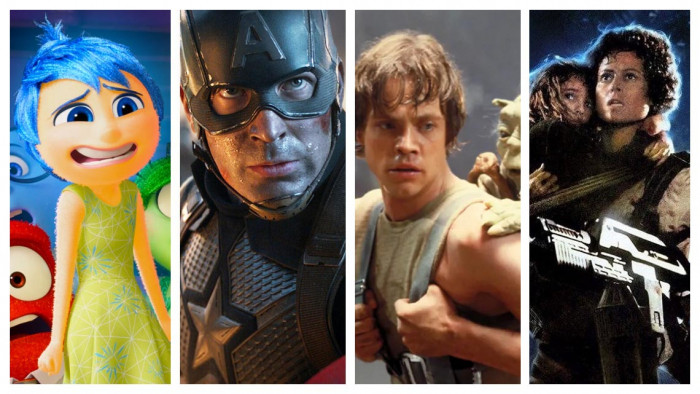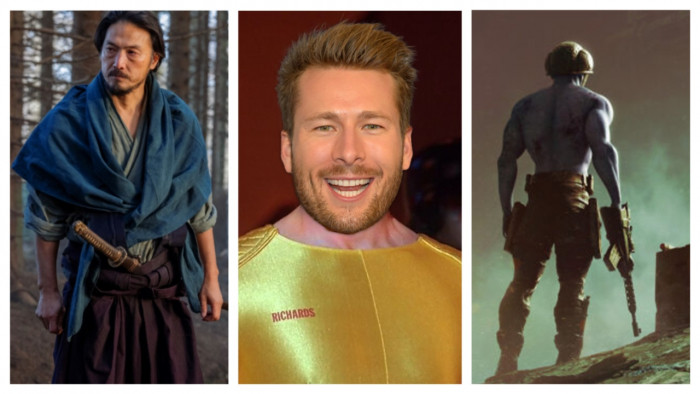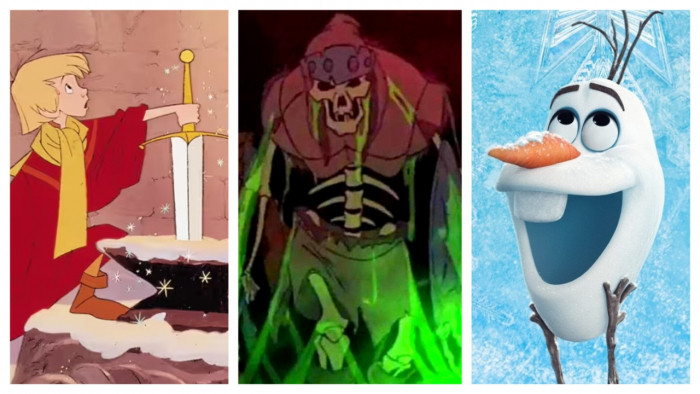Charlie Brooker on nostalgia, social media and Black Mirror
The Black Mirror creator has his say on the filmmaker's criticism of modern TV


In the mood for some grim techno-prophecies? You're in luck: Charlie Brooker's sci-fi anthology series Black Mirror returns to Netflix this weekend, and its usual brand of bone-chilling (and at times bonkers) extrapolations from our phone-obsessed present has been preserved, and then some.
Almost alone amongst TV's contemporary big-hitters, it's not set in the past, or in a version of the past that happens to have both dragons and bikini waxes - like all speculative fiction, it's far more about today than any imagined future.
So, when we interviewed Brooker this week we were interested to hear his thoughts on the recent comments made by legendary filmmaker Ken Loach on our collective obsession with nostalgia in television.
Asked about the state of contemporary TV - the format where he cut his teeth 50 years ago with the ground-breaking Cathy Come Home - Loach weighed in on Downton Abbey.
"This rosy vision of the past, it's a choice broadcasters make," he said. "'Don't bother your heads with what's going on now, just wallow in fake nostalgia'. It's bad history, bad drama. It puts your brain to sleep."
Asked what he made of Loach's comments, Brooker told us: "I don't know if television is that focused on nostalgia. You could perhaps make an argument for Sunday night programmes, but if he's saying that he's clearly not been watching Mad Men, say, which is not necessarily a particularly rosy view of the past. It has some glamour, but it does highlight the mysogyny and racism of the past."
Brooker also revealed how he made a made a conscious effort to avoid nostalgia when it came to writing his own show, adding: "I think when we started doing Black Mirror, the thought was to extrapolate from what was already around, and try and not be predictable so we certainly wanted to provoke a reaction.
"We do actually accept that nostalgia is thing, but I think we engage with it as much as anything else. It's not always about a message, I'm always slightly suspicious of that, but we do want to shake you up a bit."

Brooker, who wrote a Guardian column for 15 years but has been on hiatus for the last 12 months, also shared his thoughts on whether social media was a force for good and how his own attitude to "sharing" has changed: "Largely I don't have time for social media any more, but I also don't feel the urge to share particularly. I don't feel the urge to say, 'Hey everyone, look at this new pair of shoes I've bought, aren't I fucking brilliant?'" he said.
"It's a similar reason I stopped writing columns, certainly for a while, I don't know if I'll return to that. I think there's so much chatter already, I didn't really feel like contributing more... I have kind of stepped back a bit, I tend to promote things or pop up when I'm bored and at a loose end. Or shitting."
One question Black Mirror frequently posits is the impact of all this chatter, and how it can feel like it has no consequences IRL. In the age of Gamergate, the Ghostbusters backlash, and Donald Trump's loyal army of trolls, does Brooker think social media is irretrievably toxic?
"There was definitely a change of mood online, say around 2013 or so, it felt like there was more of a general sense that social media was becoming more and more toxic and regressive - polarised. I'm pro technology generally, I hope we can iron all of that out. I think rather than legislation, I think we just need to get more used to it. We're feeling it out, learning the rules, hopefully we can get better."
Black Mirror season 3 is on Netflix now.
Latest
Related Reviews and Shortlists



